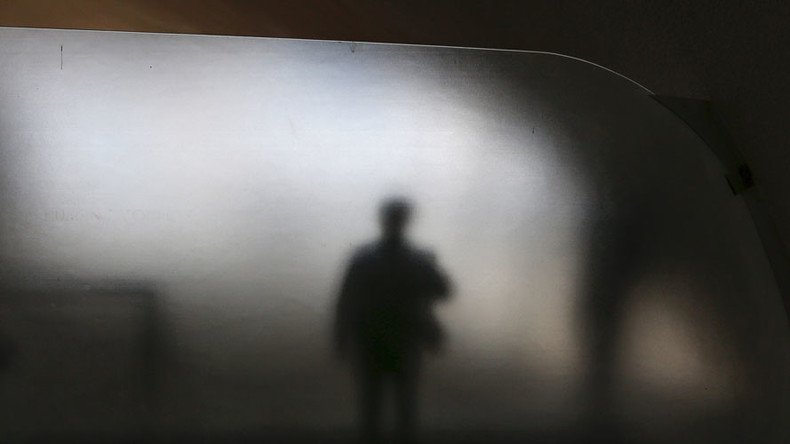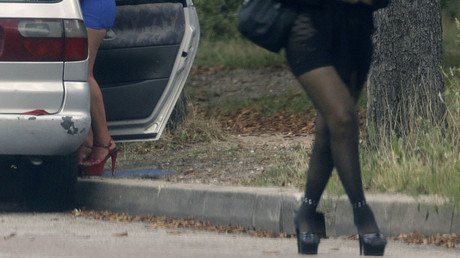Fivefold increase in reported slavery in Britain is sign of progress, says government

There has been a fivefold rise in the number of slavery victims in England and Wales since 2012, according to the Salvation Army.
The charity says it has supported 1,805 people from April 2015 to March 2016. That’s compared to 378 referrals between July 2011 and June 2012 – the first year of the government contract to support victims.
In the past five years, the group has helped nearly 4,500 modern slaves, but Home Office figures estimate there are still between 10,000 and 13,000 slaves in the UK.
Almost half of its referrals had been sexually exploited, 42 percent were victims of labor exploitation working within industries such as agriculture and construction, and 13 percent had been held in domestic servitude, the Salvation Army says.
Sixty-two percent were women, 38 percent were male and six transgender people were supported.
The highest number of referrals were Albanian. Large numbers were from Poland, Nigeria and Vietnam, and there was also a “significant proportion” of British citizens.
The Home Office said the rise in reported cases showed efforts to curb modern slavery were working.
Sarah Newtown, minister for safeguarding, vulnerability and countering extremism, told the BBC: “Slavery has been hidden in plain sight, and our policy is designed to encourage more victims to come forward and ask for help.
“We welcome increases in the number of referrals as a sign that our efforts to shine a light on modern slavery are working.”
100s of minors trafficked to UK for sex slavery – report https://t.co/gxQWXVVPDxpic.twitter.com/u5wRL3Y4Gw
— RT UK (@RTUKnews) May 7, 2016
One slavery victim told the BBC she came to England from southeast Asia to work as a servant in the home of a wealthy family.
She says she was forced to work 14 hours a day for less than £100 pounds (US$130) a week, and that she even had to work on building sites.
“I felt like a chained dog. It was like I was digging my own grave.
“Even though I’m out now, I still feel like I’m in chains. I still have nightmares that my boss is chasing me.”
The woman, who wants to remain anonymous, is now at a safe house in Manchester and is applying for asylum to stay in the UK.
Anne Read, the director of anti-trafficking and modern slavery at the Salvation Army, says the nature of the crime means it is “always difficult to know the full extent of the problem.”
How the system contributes to modern slavery suffered by maids to rich Gulf families -Report https://t.co/HTR6iOT0Gopic.twitter.com/K1ESQ93cqj
— RT UK (@RTUKnews) January 11, 2016
She says the increase in referrals could be because there were more victims but also improvements in training and awareness raising.
However, she added that the minimum 45-day reflection and recovery period granted by the government for victims of human trafficking or slavery was insufficient.
“If [victims] don’t get the support they need, then the potential is that they could, once again, be exploited and that’s the worst thing that could happen as far as we’re concerned.
“Forty-five days isn’t long enough to support somebody - it gives them a chance to breathe, perhaps to recover their status quo, but it is only the very beginning of the process.”
Prime Minister Theresa May introduced the Modern Slavery Act last year while home secretary, calling slavery “the great human rights issue of our time.”
A review to mark the first anniversary of the act found 289 modern slavery offenses were prosecuted last year, along with a 40 percent rise in victims identified by the government.













